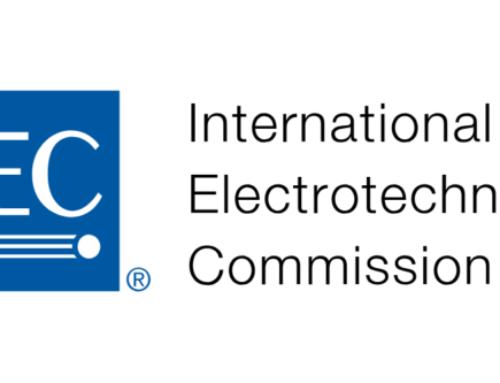On 17 February 2022, SAC released the Key Points of National Standardization (2022) (hereinafter referred to as the Key Points), outlining the main areas and actions of national standardisation work in 2022. The Key Points are aimed at improving the standards quality and benefits brought by standards, optimising the national standards system, and strengthening the internationalisation of standards.
The following is a summary of the national standardisation work as outlined in the Key Points that may interest foreign enterprises:
- Formulation of a dedicated three-year action plan – expected to be released in 2022 – mainly aimed at contributing to the practical implementation of the National Outline for Standardization Development (hereinafter referred to as the Outline).
- Establishment of standards systems covering 26 key sectors. In line with the Outline, the establishment of standards systems will expand from industry and trade, towards the whole society and economy – including peak emission and carbon neutrality, digitalisation, epidemic prevention, etc.
- Enriching the format of standards. The Key Points promote the use of machine-readable standards and expand the coverage of national certified reference materials, to complement text-based standards and enrich the supply of standards.
- Optimisation of the standards system, especially the system of association standards, sector standards and local standards. According to the Key Points, it is expected that all standards will be reviewed in a dynamic manner, so as to ensure the consistency and quality of the standards. In addition, the filing information of local standards and sector standards will be disclosed in a timely manner to the public, which will contribute to greater and timely access by enterprises to these standards. More importantly, according to the Key Points, the Good Practices List for promoting the association standards will be developed to assist the public in identifying those quality standards.
- Improvement of the quality and supervision of standards, and promoting the application of standards. The Key Points stress the research on the system of regulations citing standards, and the application of standards in the policy-making for macro-control, industry regulation, market access.
- Alignment of domestic standards with international standards. The Key Points specify the areas in which domestic standards are expected to be aligned with international standards, i.e., digital economy, product safety, public health emergency, cycling economy, etc. Also, according to the Key Points, the alignment will be based on international scientific cooperation, participation in international standards formulation, and standards cooperation among RCEP countries, Belt and Road Initiative partners, and foreign aid programme
- Strengthening the support of personnel, laws/regulations, and services for the formulation and application of standards. The Key Points require (relevant governmental departments) to revise the Regulations for the Implementation of the Standardisation Law, as well as other relevant laws, polices, and regulations. The Key Points also attach importance in publicising the knowledge of standards through online courses, which will contribute to stronger awareness of standards. At the same time, the process of standards formulation and application will be complemented by efforts to strengthen high-level education on standardization issues, and to establish service platforms for standards promotion, certification, and accreditation.




